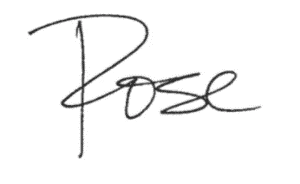Even though I have written about exhaustion recently, it continues to persistently turn up in my conversations with organizations and their leaders. And just in time, here’s a fantastic article from Harvard Business Review that does a thorough, but efficient, deep dive into the issue as well as give lots of practical tips and insights which I thought you might find useful.
If you would like to read the full article, here is the link: Beyond Burned Out
What was most interesting to me, was that having an empathetic managerwas the second-most-cited need by respondents to a survey, just a touch behind manageable workloads. Those of you who follow the leadership space and have worked with me, know how central this notion is to my work.
Check out this excerpt from the article:
“According to Harvard Medical School’s Helen Riess, who is also the cofounder and chief scientist of Empathetics, communicating empathically increases job satisfaction, reduces burnout, and is highly correlated with enhanced well-being. It is perhaps the most critical skill in a crisis and something that we can all improve on.
Empathetic leadership requires three things: acknowledging and overcoming any personal biases and privileges you might have; actively listening to your people; and taking action. I want to focus on the second — active listening — as something that’s particularly important today. It involves giving people a safe place to share and demonstrating that you’ve heard them by acting on their words. You can do this one-on-one or set up open forums through Slack or Teams or any other workplace social collaboration tool, where good ideas can proliferate. You may also want to create the opportunity to provide anonymous feedback; there are survey tools out there that make it easy to do that.”
How do you fare on the empathy scale?

